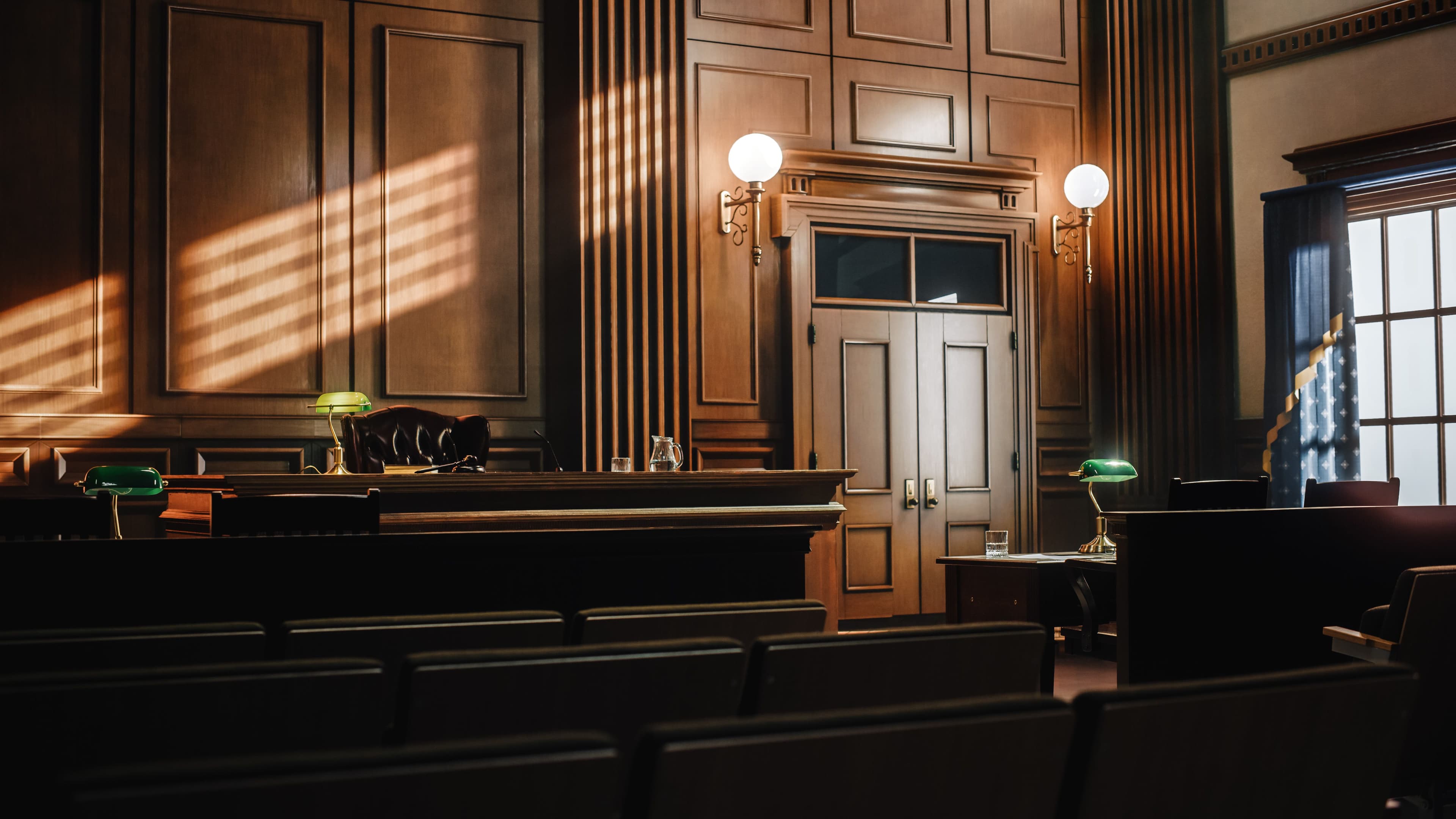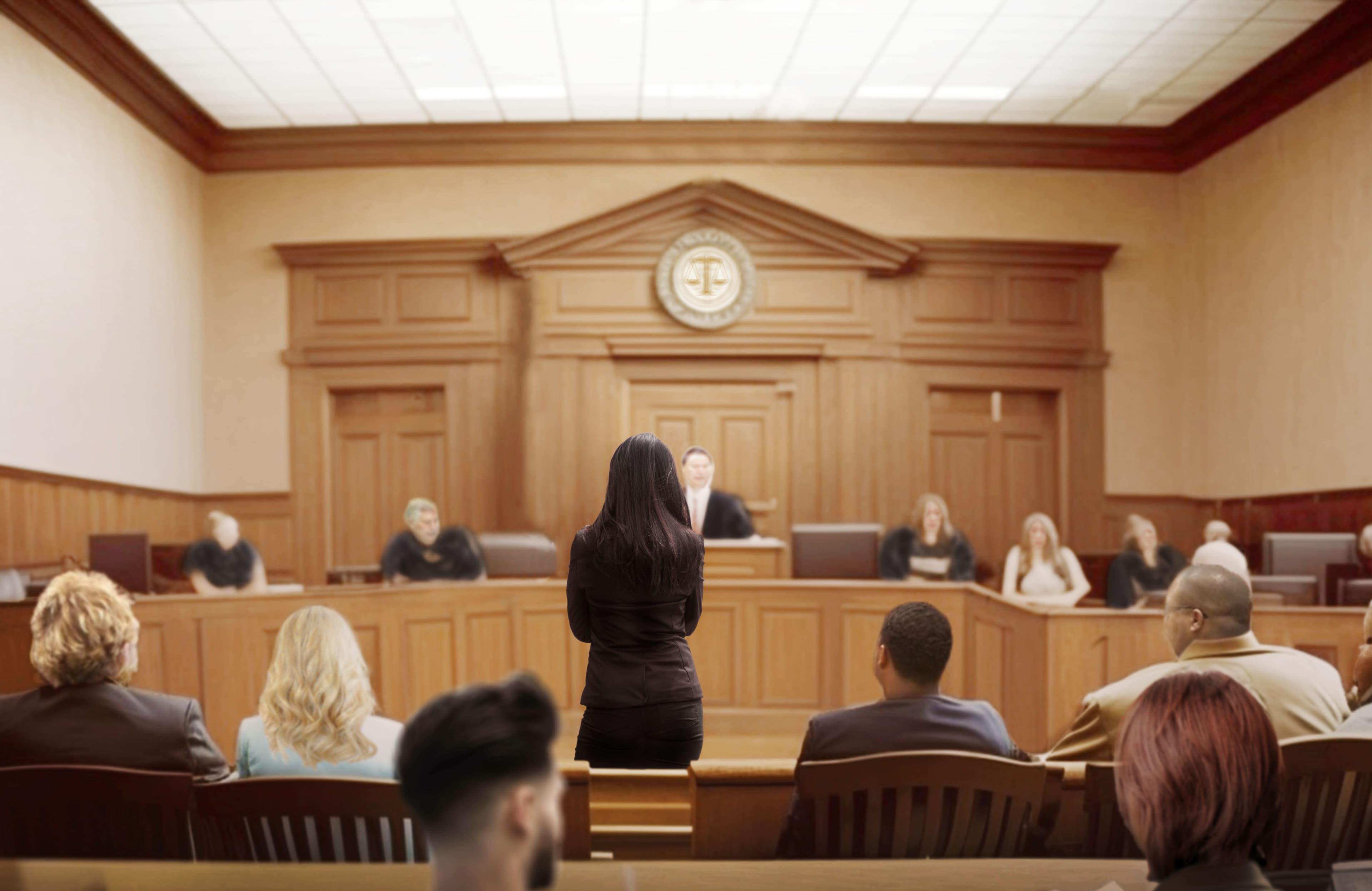
Fighting Drug Cases – Part 1
Harter & Schottland fight drug charges by suppressing evidence from illegal stops, arrests, and searches.
Harter & Schottland fight drug charges by suppressing evidence from illegal stops, arrests, and searches.
Generally speaking, there are two ways to fight drug cases: before trial and at trial. Here we focus on the first method—fighting the case before trial.
The Fourth Amendment to the U.S. Constitution, part of the Bill of Rights, protects people from unlawful searches or seizures by the government. A corollary of this principle is the exclusionary rule, which prohibits the government from using unlawfully obtained evidence against a person. The idea is simple: the government should not profit, nor should a defendant suffer, from a violation of constitutional rights.

In drug cases, Harter & Schottland focus on Fourth Amendment violations. Most encounters with police during investigations are not voluntary. We examine why the person was stopped or seized in the first place. If the seizure was made without reasonable suspicion, in violation of the Fourth Amendment, we file challenges to prevent that evidence from being used. Likewise, if an arrest was made without probable cause, we attack the constitutional violation and move to suppress the evidence. If a search occurred, we analyze whether it was constitutionally permissible.
If a stop, search, or seizure is not legally justified, we seek suppression of the evidence under the exclusionary rule. Without admissible drug evidence in court, there is no case—and our client wins.
The post Fighting Drug Cases – Part 1 appeared first on Harter & Schottland.
